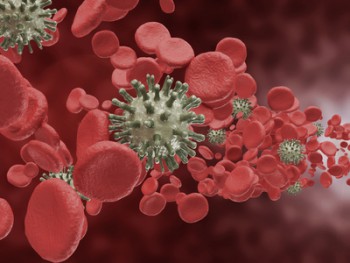
One of the obstacles to immunotherapy for cancer and other traditional treatments is that the disease can reoccur. While it was believed this was due to cancer cells developing resistance to drugs, recent evidence suggests that the problem may be the treatments themselves.
“A Double-Edged Sword”
Penicillin and other antibiotics were once hailed as “wonder drugs,” but overuse resulted in many forms of bacteria adapting and becoming immune to the toxic effects. The medical community felt the same process was behind the tendency of cancer to reoccur and spread to other areas.
A recent discovery by a team of Israeli scientists has shed new light on the problem. Their study involved mice with multiple myeloma, which is produced in bone marrow and spreads throughout the body. They received treatment with bortezomib, an anti-cancer drug with the brand name of Velcade.
The researchers were surprised to find that Velcade caused inflammatory cells in the bone marrow to accelerate the cancer, arming the cells with resistant properties. While they emphasize that “treatment with Velcade is essential and necessary,” the team is working on methods to inhibit the body’s response so treatments are more effective.
Immunotherapy for Cancer: A Personalized Approach
Our Issels® immunotherapy treatments are developed to meet each patient’s individual needs. These integrative programs attack cancer cells directly and treat the underlying causes to reduce the risk of tumor growth and reoccurrence.
Contact us to learn more about cancer vaccines, NK cells and the other non-toxic immunotherapy for cancer treatments offered at Issels®.




